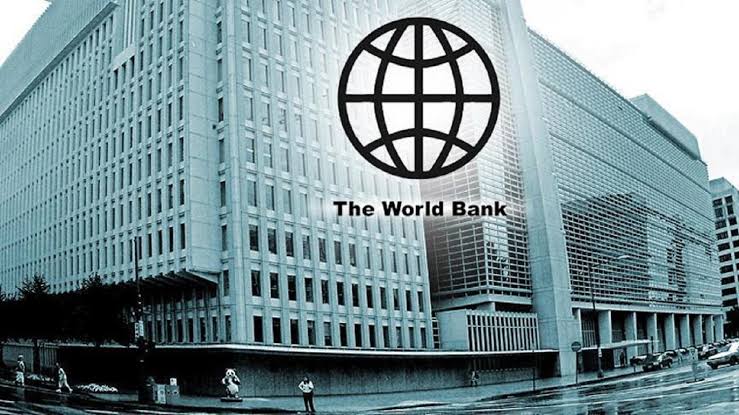World Bank Predicts Fallout From Ukrainian War As Nigeria’s Poverty Index Risks Further Plunge
According to a World Bank assessment, Nigeria’s poverty reduction goals are threatened by the COVID-19 pandemic, growing inflation, and the prolonged uncertainty surrounding the Russia-Ukraine conflict.
World Bank economists Jonathan Lain and Jakob Engel, however, revealed this in a blog post on Thursday, June 2, headlined “Barriers to Trade, Barriers to Poverty Reduction?” How Nigeria can use trade to help people get out of poverty.”
The report also stated that Nigeria can use trade to help people get out of poverty.
It explained;
Nigeria’s aspiration to lift all of its people out of poverty by 2030 presents a serious challenge. Even before COVID-19, four in 10 Nigerians lived below the national poverty line – some 80 million people.
The global pandemic, rising inflation, and ongoing uncertainty related to the war in Ukraine – combined with relentless population growth – have made Nigeria’s poverty-reduction goals more challenging than ever.
However, the presentation stated that trade might be a critical answer because of its effects on investment, technological transfer, and competitiveness.
Read Also: World Bank Suspends Nigerian Firm And MD For Five Years Over Alleged Corrupt Practices
The apex financial organisation further clarified;
Trade presents one vital but often untapped pathway to poverty reduction. Through its effects on investment, technology transfer, and competition, trade can help growth – boosting job creation, increasing domestic value added, and reducing the price of goods that Nigerians buy along the way. All of these effects may contribute to reducing poverty.
Specific government policies may therefore be needed if the gains of trade liberalisation are to be reaped in Nigeria, the World Bank report further read.
In the short term, this could include social protection to support those households whose wellbeing is under threat. Yet in the medium and long term, deeper reforms will be needed: this includes improving interstate labor mobility and helping workers re-skill themselves for sectors in which jobs and incomes benefit from greater exposure to international markets.
Also, broader reforms that foster sustainable growth and share its proceeds to poor and vulnerable Nigerians could help those households that might lose out if trade is liberalized; this includes macroeconomic reforms that diversify the economy away from oil, spur structural transformation, and boost wage job creation as well as investment in infrastructure to help households access markets and economic opportunities.
With the right mix of complementary policies, Nigeria can take advantage of trade as a pathway to poverty reduction.

